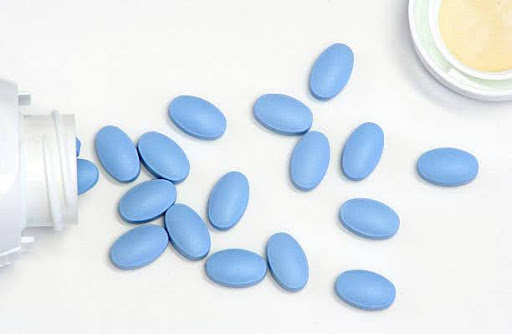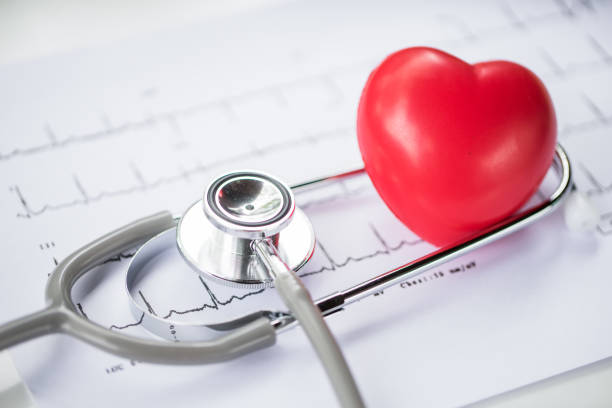So, you’ve been trying to make things work in the bedroom, but sometimes it feels like you’re in a game that’s impossible to win. Don’t worry, you’re not alone. Let’s tackle this with some honesty and practical advice. 1. Understanding the Expectations Society often paints a picture that male sexual performance should be long-lasting, intense, full of passion, and packed with different styles—just like you see in the movies. Men are expected to be always ready and, of course, perfect. But let’s be real: nobody’s perfect, and every relationship is unique. If your bedroom moments aren’t like a Nollywood blockbuster, that’s okay!Not every time na high-budget film; sometimes it’s a more relaxed vibe, and that’s perfectly fine. 2. Communication Is Key Before stressing about your performance, have a candid chat with your partner. Clear communication makes a world of difference. Let her know what you’re comfortable with, and listen to what she wants. This doesn’t have to be a serious boardroom discussion—just a relaxed, honest conversation. Set aside time for a “relationship check-in” to discuss what’s working and what isn’t. Keep it light and supportive. You might even share a laugh about those awkward moments because, honestly, laughter can be great for intimacy. 3. Handling Pressure Pressure to perform can mess with your head and your performance. It’s important to manage stress and anxiety. A relaxed mind usually leads to better experiences. If you’re feeling anxious, try focusing on enjoying the moment rather than hitting performance targets.If stress dey your mind, e go hard make you focus. Relax small; na enjoyment, no be competition. 4. Explore and Experiment Sexual satisfaction is about connection and pleasure. Explore different ways to build intimacy with your partner. This could mean trying new things or just spending more time on foreplay. Discover what makes both of you feel good.Use this time to learn together. Remember, it’s not just about performance—it’s about mutual pleasure. 5. Addressing Concerns Together If there are concerns about sexual performance, don’t be afraid to talk about them. Sometimes, issues stem from underlying health or psychological factors. Seeking professional advice isn’t something to shy away from.No suffer in silence. If something no dey go well, talk am out and find help together. Conclusion Sexual performance and expectations can be tricky, but with open communication, mutual understanding, and a bit of humor, you can navigate them together. Focus on enjoying the experience and building a deeper connection, not just on performing perfectly. After all, it’s about the journey and the bond you share, not just the destination. No forget, na enjoyment be the koko. No let pressure spoil the fun. Whether you’re seasoned or new to this, the most important thing is that both of you are happy and comfortable. Here’s to better understanding and even better moments together!



